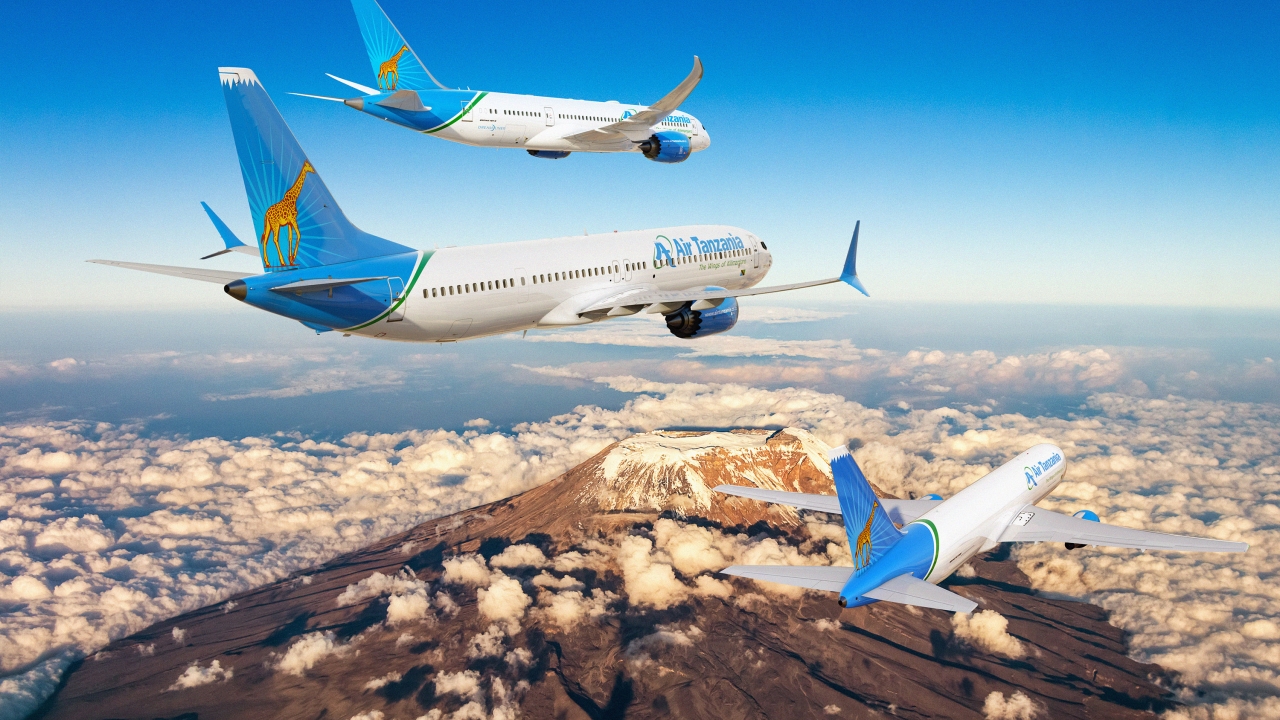How single can west African skies be?
West Africa seems to be facing particular problems as it tries to come to grips with implementation of the single African air transport market (SAATM). Chukwu Emeke reports.

The single African air transport market (SAATM) was launched by the African Union (AU) in Addis Ababa, Ethiopia, in January 2018, with the aim of opening up interconnectivity in all parts of the continent.
So far, 26 of 54 African states have signed the solemn commitment to the SAATM.
The initiative was expected to encourage the exercise of fifth freedom rights (which allow an airline to carry revenue traffic between foreign countries as a part of services connecting the airline’s own country) and traffic privileges by, among other measures, relaxation of immigration regulations and visa requirements.
Implementing the concept at sub-regional levels ought to aid actualisation of this continental dream, which will contribute to the realisation of the AU’s ‘agenda 2063’ economic objective.
In west Africa, however, the issues of ‘level playing field’ and continued restrictions of inter-state flights by member states, as well as the arbitrary imposition of charges on designated airlines from neighbouring countries, has boosted controversy regarding the sincerity of political will for implementation.
For instance, Colonel Dokisime Gnama Latta, the director general of the Togo Civil Aviation Authority, has frowned at implementation delay, saying his country encourages airlines to come in by trying to reduce taxes and provide a visa-on-arrival service at the airport. Ironically, however, Togo is one of the Francophone countries in west Africa that Allen Onyema, the chairman of Nigeria-based Air Peace, has repeatedly accused of deliberately imposing outrageous charges on airlines showing an interest in flying into Lome.
Elsewhere, the International Air Transport Association (IATA) special envoy to Africa on aero-political affairs, Raphael Kuuchi, has lamented that: “$80 from each ticket is paid to the government of Niger in fees, taxes and charges, while Cameroun recently added a $37 development tax per passenger, and DR Congo is charging every arriving passenger $15.”
Single skies may not be achieved until the full issues surrounding the welcoming of a new entrant into a country is addressed by the aviation authorities.
For example, despite the benefits that the policy promoters said the Nigerian economy would receive, the country’s domestic airline operators are arguing Nigeria is not yet ready to compete with the rest of Africa to get the accruing benefits of single skies.
According to Captain Nogie Meggison, chairman of the Airline Operators of Nigeria (AON), while the idea of SAATM may be noble on paper: “There is a need for government not to overlook the dangers that the direct impact of the decision on the Nigerian economy, and Nigeria as a whole, could have on the future of our youth.”
Although IATA projects that Nigeria will gain more than $128 million on its annual gross domestic product (GDP) with SAATM implementation, Meggison said there are unclear and constantly changing policies that throw the Nigerian airlines’ feasibility studies into the red.
He said the government should be clear on the policy and its advantages but argued: “The charges around Africa are not uniform across the board.
“Governments should ensure all the taxes are uniform before the implementation of the open skies. For instance, when we fly to some African countries, they charge us heavy landing fees in excess of $5,000 – $6,000. The same countries subsidise their local operators, who pay $200 for the same service. But when they fly into Nigeria, they pay a mere $500, the same as our local carriers.”
He added: “AON considers it unfair, and a complete disconnect, that Nigerian airlines, who are the fulcrum of the implementation of SAATM in the country, were not carried along in the decision process leading up to the signing of a treaty and firm commitment that affects the future and survival of our airlines.”
Dr Harold Demuren, former director general of the Nigerian Civil Aviation Authority summed up: “SAATM is a very good idea if you are strong. You don’t go into competition when you are weak. We don’t have strong Nigerian airlines today. It is not wrong but, for SAATM to work, we need to think outside the box.”
Stay up to date
Subscribe to the free Times Aerospace newsletter and receive the latest content every week. We'll never share your email address.

